Why Should You Be Sober Curious?
The unsettling truth — alcohol is worse for you than crack or heroin
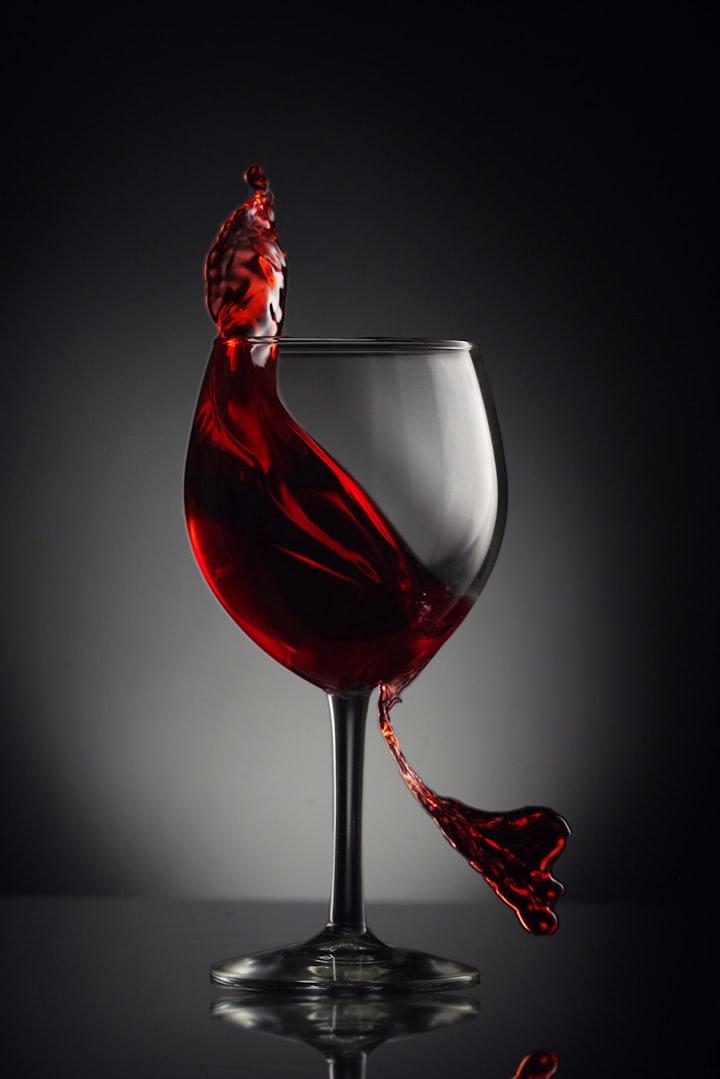
Before jumping in, I know that most of my content here is creative, but I thought that some of my self improvement challenges would be a personal story that could be shared here too. You will therefore see here on vocal the series of posts I created when undergoing my 100 day sober challenge. That's right, a 100 days without alcohol. Here is the first post in the series, a look into the reasons for why we would all benefit from being sober curious. Subscribe if you want to find out what happened and enjoy!
By this point Dry January and Sober October are common knowledge. Most of us will have heard of and maybe attempted these challenges. Sobriety, once almost taboo, particularly amongst us heavy drinking Brits, is now seemingly an acceptable subject of curiousity. No longer just associated with alcoholics or those who had no other option, more and more people are starting to turn down the tipples.
Research by Alcohol Change UK showed that 1 in 4 people living in the UK said they’d drank more in 2022 than 2021. Drinking seemed to see an increase both with the isolating horror of the covid days and now with the cost-of-living crisis. But with this increase, seemed to come a heightened awareness, with more people questioning their drinking habits. This same research quoted 3 in 10 people as looking to cut down on drinking in general in 2023.

Which brings me onto the next self-improvement challenge on this account, a 100 days sober. It will be the longest period of time since legal drinking age, that alcohol will not pass my lips. So stay tuned to find out what I’ve learnt 30 days in and what revelations I can bring you when the challenge is finally completed.
The idea for this did come about following an admittedly failed dry January, but it’s another one of those topics that has increasingly drawn my interest, along with everyone else. I’ve noticed more people in my own social circles opting to drink less or not at all when out. Little non-alcoholic options have been popping up not just in restaurants but in the alcohol aisles of corner shops and supermarkets. I’m seeing adverts for alcohol free beers on public transport and on draft in pubs. Gordon’s even introduced a 0% gin.
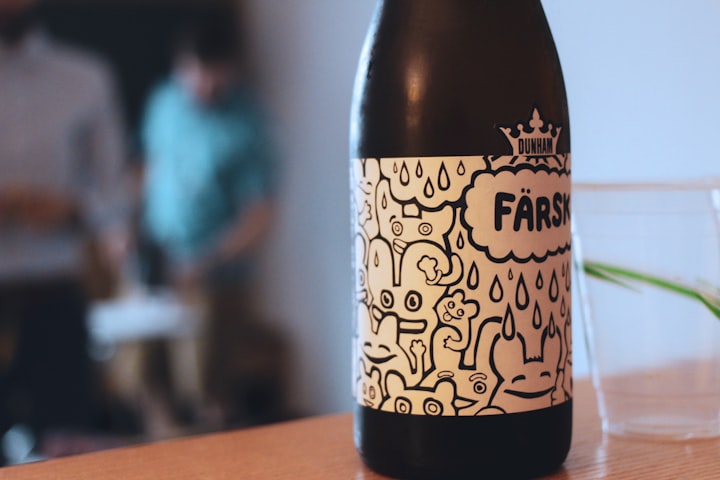
Increasingly, the idea of being sober or even just sober curious, is becoming something that’s celebrated as opposed to judged. I’m sure many of you might be in the same boat as me, I don’t want to give up alcohol all together but I do want to cut down. Naturally I started researching the topic and benefits. I did the digging for you. That’s what I’m here for.
As part of that research and before I dive in, I’d like to take this moment to recommend two brilliant books. The first is geared towards those hoping to live alcohol-free as well as the the sober curious, whilst the second is focused on moderation. Both are definitely worth a read if you want to learn more about this subject in depth and gain inspiration.
Mindful Drinking: How Cutting Down Can Change Your Life by Rosamund Dean
So, why you should be sober curious RIGHT NOW, yesterday in fact?
The Impact on your Health is Insane

For most of us, the primary motivator for wanting to cut back on booze is to be healthier. Everybody knows that alcohol is toxic to our bodies. Most of us know that the liver has to work overtime to get rid of it as it would any other toxin. As I started to do my research however, I was shocked to find just how unhealthy it really is.
It’s the Deadliest of the Drugs

A team of British Scientists published a paper in 2009 stating that alcohol was more dangerous to our health than crack or heroin and almost 3 times more deadly than tobacco or cocaine. Let that sink in, because it shocked me when I read it
Fact: Any amount of alcohol at all is actually bad for you
Even Small Amounts Mean a Smaller Brain

Studies have shown that alcohol affects brain size and function. Someone having 4 drinks daily has a brain 10 years ‘older’ than someone who doesn’t. But even moderate drinking, say only a SINGLE glass of beer or wine daily has associations with brain shrinkage and reduced brain structure.
Sleep

Unsurprisingly the next health-related impact alcohol has is on your sleep. It disrupts your sleep cycle resulting in poorer sleep as well as more broken sleep (anyone else suddenly woken up at 3am after a night of drinking?). These negative effects outweigh any help it might give in the form of a “nightcap” and getting you to sleep.
I don’t need to tell you of course that getting a good nights sleep affects everything about your day from your mood, to how much you eat, your physical health and healing, how well you can focus and your overall performance in all areas of your life.
Saving Money

According to stats found in 2022 on average drinkers in the UK, if you were just to have 14 units or roughly just over a bottle and a half of wine a week, you could be losing out on £2168.40 a year. I don’t know about you, but in my experience, it’s not uncommon to be having far more than that if going out regularly/on the weekends. Ditching 2 pints a day you’re looking at almost 3 grand a year in savings.
This doesn’t even take into account the amount we spend on food and takeaways to soak up the alcohol at the end of the night or to nurse that hangover the day after. Or staying out later than we meant to and forking out for a taxi.
It all adds up.
It’s Making You Uglier

So when I found out just how and why alcohol is detrimental to your appearance, I realised that I wanted to do a full separate article explaining the hows and whys, so do check that out if you’re interested.
But just know that because of how alcohol has to be broken down and what minerals and vitamins it depletes in the body , it can badly affect the appearance of your:
- Eyes
- Skin
- Hair (losing it)
- Prevents tanning (I know, this one shocked me too. Not a necessarily negative effect visually except that tanning is your skin’s natural protection from the damaging effects of the sun).
- Body — empty additional calories can cause weight gain and progress in the gym is impaired because it affects recovery.
Maybe we don’t need a miracle cream or diet to look great, maybe we just need to say no to the wine.
Productivity

Whether It be in your personal or professional life, all drinkers have likely experienced the debilitating effects of a hangover. Forget that spinning class you were planning to do on the Sunday, or that bit of prepping you were going to do ahead of your meeting on Thursday. You’re left tired, unmotivated and unable to focus, with disrupted sleep and likely paranoia.
You know all this, but what you might not know is how long it actually takes your body to recover.
It’s likely most of us think a hangover after a big drinking session lasts a day. The truth is it’s actually closer to 3 days. It can even give you a mini withdrawal. This is why hair of the dog (a phrase used for having a drink when hungover) will make you temporarily feel “better” but actually just prolongs your body’s recovery. If you want to make 2023 your best and most productive year yet, it’s safe to say avoiding hangovers is a good start.
Your Sense of Time Goes Out the Window
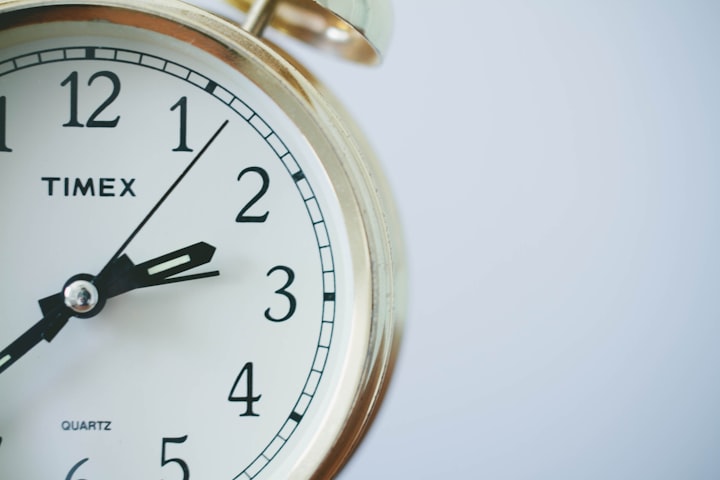
Your perception of time changes. You perceive time as passing more quickly which is in line with a dopamine induced increase in your internal clock speed. But this effectively means that you feel as if you have experienced less time and you are not fully present or appreciative of the time you spend whilst drinking. In terms of productivity it means that the time you designated for your catch up with a friend or that date can quickly run away from you. There go your other plans. The amount of time not drinking frees up is crazy.
It’s Not Good for Your Mental Health

Alcohol has links to depression and psychosis as well as making mental health symptoms overall worse. The most common mental health issue people in general appear to experience with alcohol is anxiety and paranoia.
This makes sense. Alcohol shuts down the part of your brain that controls inhibitions. It can temporarily relieve feelings of anxiety. However as you have not coped with or processed those feelings they come back unresolved and worse. Not to mention, not just lowered inhibitions but reduced memory of events or even full blackouts would give you plenty to feel anxious and paranoid about. All of this combined with feelings of withdrawal contributes to the well known phenomenon of “booze blues” the next day.
Your Safety is at Risk

It goes without saying that lowered inhibitions, autopilot functioning with gaps in memory or no memory at all and a decrease or complete loss of motor skills puts your safety at risk. We may joke about our mate who fell over dramatically, slept in a field or woke up in bed with the minger they didn’t remember. In the cold, sober light of day however, we realise actually how dangerous any one of those situations could have been.
You Want Genuine Connections
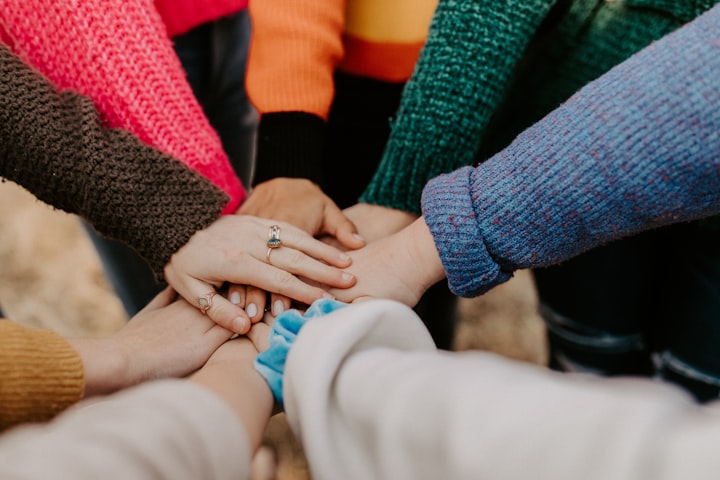
If you couldn’t hang out with someone sober, do you actually like who they are as a person, the real them? This counts for friendships as well as romantic relationships. It’s easy to make drunk best friends you’ll never speak to again or engage in heightened promiscuity with people you barely know. To want to find your date more attractive or acquaintance more funny than they really are. In any event, being drunk is not the best state to be in if you want to make genuine connections.
It’s Very Addictive
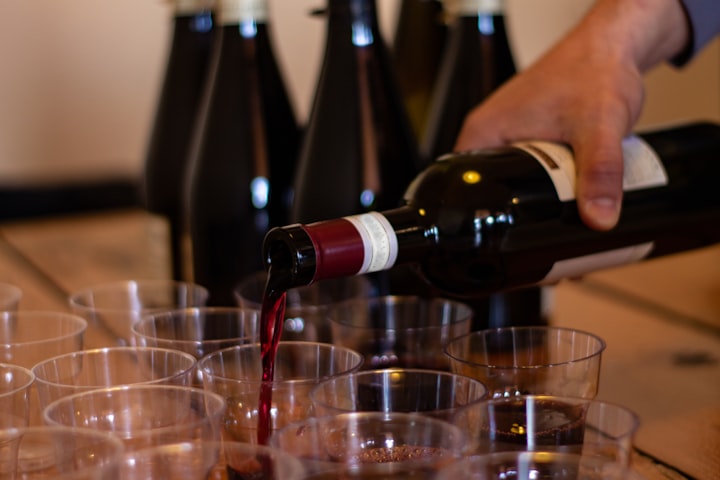
All of the above issues end up being compounded over time, because, alcohol is a neurotoxin and can be very addictive. The more you have of it, the more of it you need to feel the same effects, particularly if you’re using it as a coping mechanism. It stands to reason therefore, that even if you don’t plan on cutting out alcohol completely, reducing the amount you have and taking a long break or regular breaks is a good idea.
There has definitely been a recent societal shift in a sober direction and in realising the above it’s not that surprising why. There has been a sharp increase in T-totallers between the ages of 16–24 year olds in recent years. The more common drinkers are now in fact between the ages of 45–64. A new generation seems to have sparked a new set of ideas.
Will you be joining their ranks?
.
.
.
I hope you found this article helpful, any hearts appreciated if you did. I would love to hear your thoughts and what other topics you’d like to see me research or write about, so please don’t hesitate to leave a comment.
To see more of my self improvement content, do checkout my medium account:
Other Articles in this Series:
- 100 Days Without Alcohol- Challenge Completed! Pt. 2
- 100 Days Without Alcohol- Challenge Completed! Pt. 1
- What Happened When I Went 60 Days Sober? — Pt.2 The Broken Heart
- What Happened When I Went 60 Days Sober? - Pt. 1
- You Went Sober for 30 Days? Pt. 2
- You Went Sober for 30 Days? Pt. 1
- What I’ve Learned From Going 30 Days Sober
- Could Alcohol Be Making You Ugly?
About the Creator
Nessy Writer
A freelance writer of all sorts sharing it out with the world. Poetry, prose, advice, reviews and travel writing.
If you want to show your support and see more please follow me on Twitter: Nessywriter






Comments (1)
Loved your post! It's informative and thought-provoking. Keep sharing your experiences; they're making a difference!